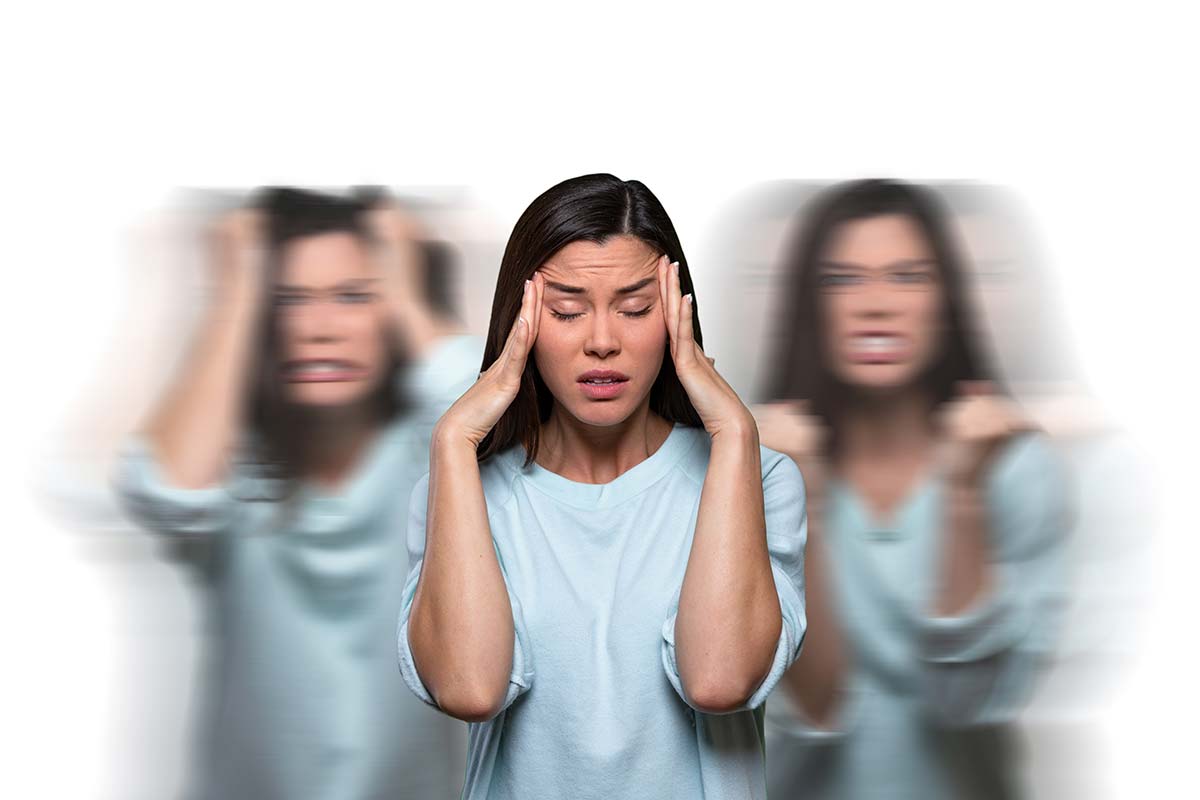In depression, non-remission, recurrence of depressive episodes after remission, and conversion to bipolar disorder are crucial determinants of poor outcomes.
Bipolar disorder involves extreme mood swings, ranging from manic highs to depressive lows. Although not everyone experiences bipolar disorder, in the same way, it is predicted that at least 75% of persons diagnosed with the disorder will relapse, even if they adhere to a treatment plan.
Table of Contents
Remission in Bipolar disorder
A relapse is described as the return of depression or a manic or hypomanic episode following a wellness time in bipolar disorder. It is sometimes possible to forecast a relapse; however, this is not always the case. The commencement of relapse appears to come out of nowhere for many people.
According to research, those with bipolar II are more prone to relapse than those with bipolar I, and relapses into depression are significantly more common than mania or hypomania. It’s crucial to remember that bipolar disorder is a complex and long-term illness, and there’s no guilt in being unable to ‘manage’ the risk of recurrence.
Unfortunately, the word relapse has a negative connotation. Many people mistakenly believe that relapsing means they’ve failed, especially if they’ve done everything ‘right’ to manage and monitor their disease but still have an episode. The sense of failure that typically follows a relapse can be heartbreaking, making it more challenging to develop and stick to a recovery strategy.
Relapse Prevention and Bipolar Disorder
Bipolar disorder and bipolar spectrum diseases are becoming more common and harmful. They can significantly impact all parts of a patient’s life, frequently disturbing the patient’s whole social network. Aside from the fact that most bipolar disorder patients will require ongoing treatment, nothing is known regarding the long-term management of either bipolar I or bipolar II disorder.
Although managing anxiety and depressive symptoms is the most difficult issue for patients with these disorders and the doctors who treat them, much research has focused on preventing mania rather than depression.
Why Relapse is common among Bipolar
When it comes to analyzing treatment response, bipolar disease presents unique challenges. Criteria for determining remission and recovery have been suggested for mood disorders, but the clinical usefulness of these terms in bipolar disorder is elusive. Formal psychological rating scales may be impractical in a routine medical practice setting.
As an alternative, clinicians might probe for information about particular “signal events,” such as sleep disturbances, that may herald mood fluctuations. The ultimate goal of bipolar management should be complete and sustained in remission, although most patients will not achieve this status for any significant length of time.
Furthermore, overaggressive management might entail pushing medication doses to intolerable levels. Individual treatment goals should always consider patient acceptance of side effect burden, allowing for trade-offs between treatment effect and quality of life.
Noncompliance with therapy, notoriously common among patients with bipolar disorder, can stem from drug side effects, treatment ineffectiveness, or even treatment success if the patient misses the manic symptoms. Despite effective treatment, relapse is common. Realistic treatment goals should strive for sustained symptom abatement while maximizing patient quality of life from a visit to visit.
Treatment Strategies for Remission
There have been a series of evidence-based, consensus-based, and mixed evidence/consensus-based guidelines for the treatment of BD. Clinicians now have more options to help individual patients due to a rising pharmacopeia and the development of psychosocial treatment techniques for BD. The stratigies include:
1. Patient Education
Clinicians find it challenging to educate patients and their families about psychiatric illness. It is particularly true for patients with bipolar disorders, who frequently enjoy the euphoria and increased productivity associated with hypomania. Often, these acutely symptomatic patients are in denial about the severity of their illness and the adverse consequences of their actions.
Therefore, one of the critical interventions during the early phase of therapy is to educate the patient about bipolar disorder, its prognosis, and our belief that collaborative maintenance therapy can help patients regain control over their lives.
2. Psychological Therapy
It has been well established that a patient’s social and occupational functioning can remain significantly diminished despite substantial and even sustained symptomatic improvement. New research suggests that psychotherapy may be critically important in helping patients return to normal function and thus should be a component of treatment for most patients with bipolar disorder.
3. Pharmacotherapy
It’s necessary to remember that you should not stop taking your medications even if you haven’t had any bipolar symptoms in months. Your doctor may reduce your doses; however, controlling your meds puts you in danger of relapsing into bipolar symptoms.
Maintaining the medication that helped control the acute episode is the most effective technique.
Aripiprazole (Abilify), lamotrigine (Lamictal), lithium, olanzapine (Zyprexa), olanzapine +, and orphan (Lybalvi), risperidone consta (Consta), and quetiapine (Seroquel) or ziprasidone (Geodon) are all FDA-approved drugs for bipolar disorder maintenance therapy.
Conclusion
Be quick to contact the Best Psychiatrist if you notice any symptoms of a possible remission. It’s not always feasible to avoid relapse, so obtaining treatment is critical. Learn to recognize your triggers and avoid them wherever feasible.
FAQs
1. How long can bipolar remission last?
Remission was defined as the absence or minimal symptoms of mania and depression for at least one week. Sustained remission requires at least eight consecutive weeks and perhaps as many as 12 weeks.
2. Is remission from bipolar possible?
The ultimate goal of bipolar management should be complete and sustained in remission, although most patients will not achieve this status for any significant length of time.
3. Do I have to take bipolar meds forever?
Bipolar disorder requires medication therapy for the rest of your life, even when feeling better. People who skip maintenance treatment risk relapsing or having small mood swings grow into full-fledged mania or depression.







